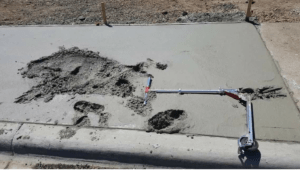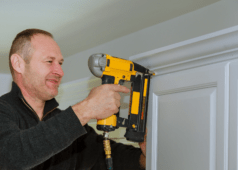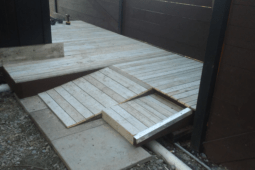Wooden Drawers: Helpful Tips For Making Them Slide More Easily
Woodworking enthusiasts and DIY aficionados alike know the feeling all too well – you’re pulling open a drawer that should glide smoothly, but instead, it sticks, squeaks, and resists, turning what should be a simple action into a frustrating ordeal. It’s a common problem with wooden drawers, but, fortunately, it’s one with several straightforward solutions. If you are experiencing this issue yourself, fear not, as we will be diving deep into the world of wooden drawers, specifically focusing on how to make wooden drawers slide easier, ensuring your furniture functions as beautifully as it looks.
The Basics of Smooth Movement to Make Wooden Drawers Slide Easier
Wooden drawers add a timeless elegance to any piece of furniture, but their smooth operation can sometimes be compromised over time. Whether it’s due to the natural expansion and contraction of wood with changes in humidity, the accumulation of dirt and grime, or simply the wear and tear of daily use, drawers that once slid open with ease, can become stubborn and uncooperative.
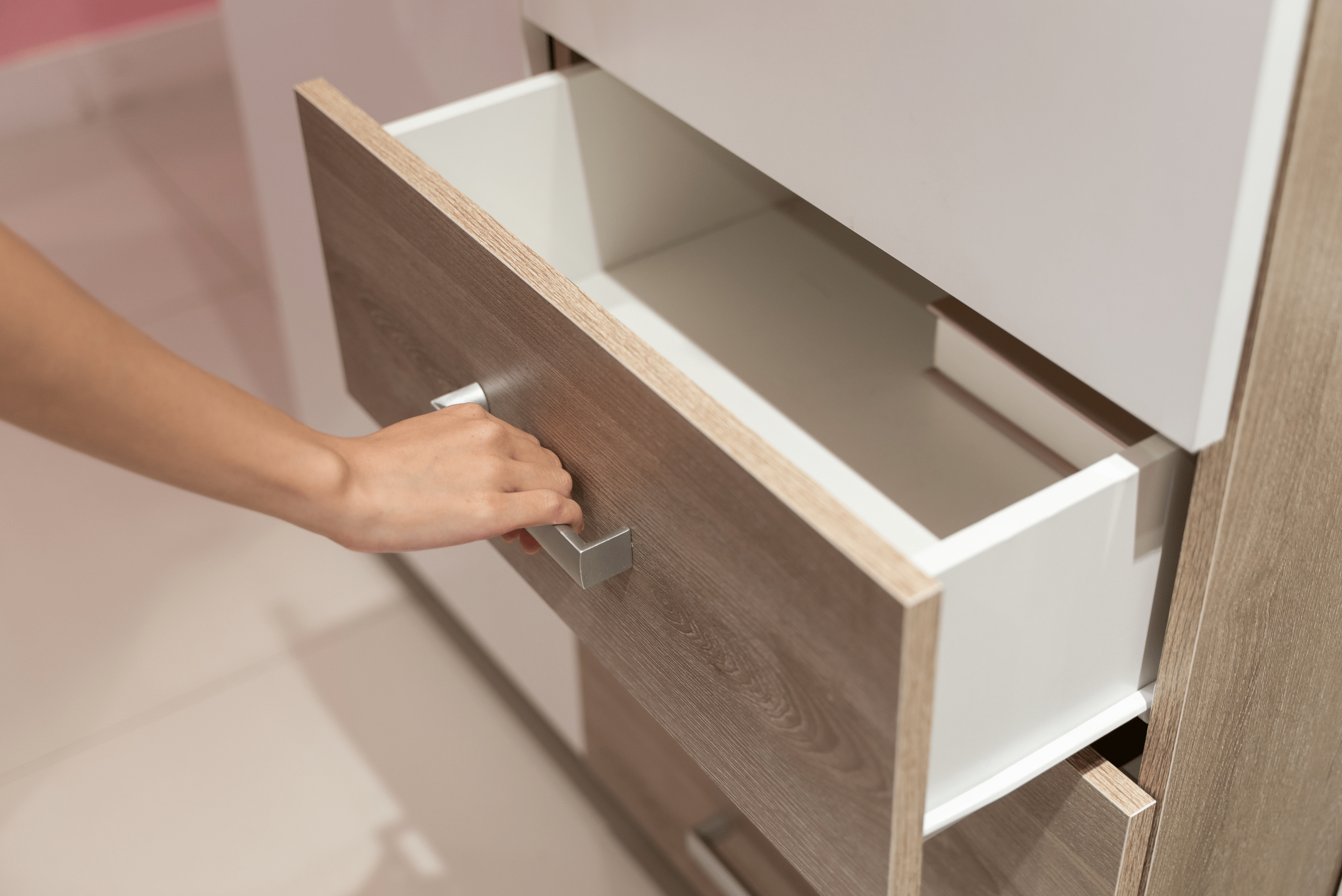
Before you consider a costly replacement or call in a professional, know that there are several do-it-yourself solutions to this common problem. With a bit of knowledge and some elbow grease, you can restore your drawers’ smooth glide, enhancing both their functionality and your enjoyment of them.
Understanding the Causes of Sticky Drawers
To effectively address the issue of drawers that don’t slide easily, it’s essential to first understand what’s causing the problem. One of the most frequent culprits is the buildup of dirt and debris in the tracks or on the drawer slides. Over time, dust, food particles, and other grime can accumulate, creating resistance.
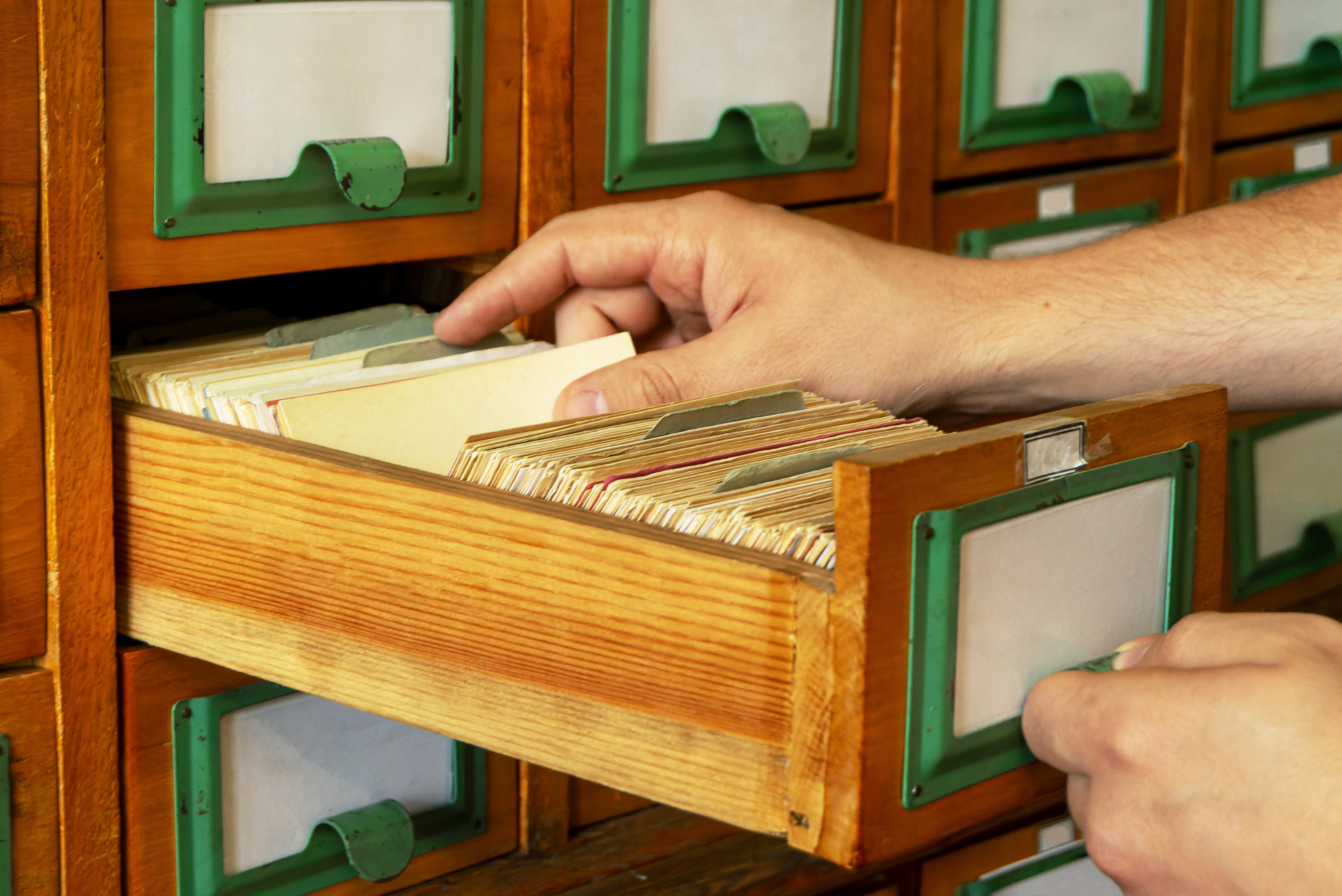
Another common issue is old, dried-out lubricant that no longer does its job or, conversely, a lack of lubrication altogether. Wood’s natural propensity to expand with humidity or contract in drier conditions can also cause drawers to stick. By identifying the specific reason your drawers are difficult to open and close, you can choose the most effective solution.
Tried and True Methods for Making Wooden Drawers Slide Easier
Once you’ve pinpointed the cause of your sticky drawer dilemma, it’s time to take action. If grime buildup is the issue, a thorough cleaning is in order. Remove the drawer and clean both the drawer and the cabinet’s interior tracks with a damp cloth. For tougher grime, a solution of mild soap and water can work wonders, but be sure to dry the wood thoroughly afterward to prevent warping.
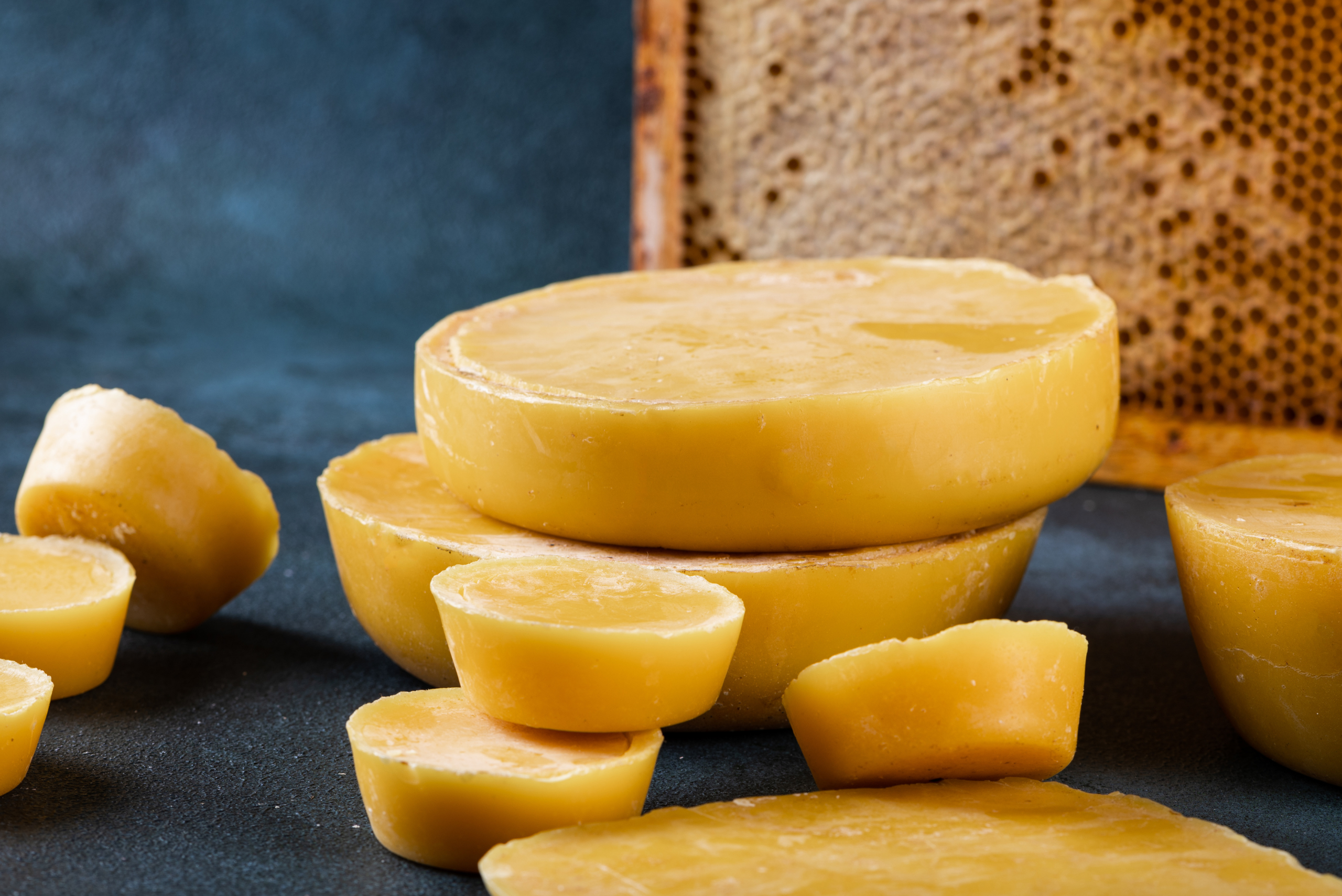
If dried-out lubricant is to blame, carefully clean away the old lubricant before applying a new layer. Wax, such as paraffin or beeswax, is an excellent choice for wooden drawers, as it provides a smooth glide without attracting dirt, as some oils and sprays can. In cases where the drawer or the opening has warped, sanding down the high spots may be necessary to achieve a better fit.
Thinking Outside the Box with Innovative Solutions and Alternatives
For those looking for alternative solutions or facing particularly stubborn drawers, there are a few innovative options to consider. One such solution is the use of nylon tape or self-adhesive strips applied to the parts of the drawer or cabinet where friction occurs. These materials can provide a slick surface for the drawer to glide over, reducing resistance.
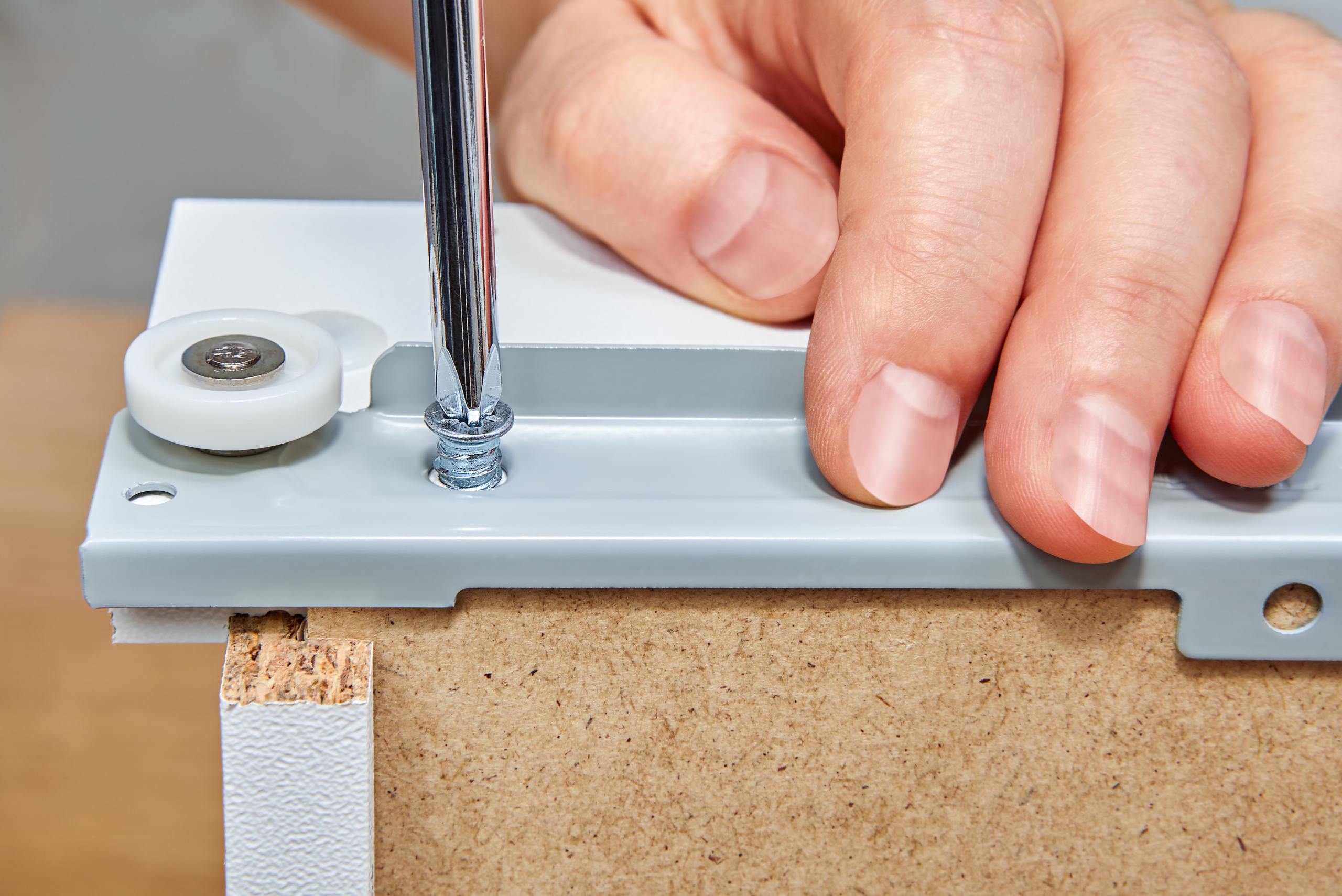
Another option is to install roller bearings or metal drawer slides, which can replace or enhance the existing wooden slide mechanisms. While this approach may require a bit more effort and skill, it can significantly improve the function of your drawers, making them easier to open and close than ever before.
Making wooden drawers slide easier is a rewarding project that can breathe new life into old furniture, enhance the functionality of your spaces, and save you the frustration of dealing with stuck drawers. By understanding the causes of sticky drawers and applying some practical solutions, you can achieve smooth, effortless movement. Remember, the key to success lies in identifying the specific problem you’re facing and choosing the most effective solution.
Ready to start your next project? Join our DIY community to receive tool tips, how-to guides, and exclusive creative insights. Subscribe to the ManMadeDIY newsletter now!


![DIY Auto Detailing [10 Must-Haves for your Garage]](https://www.manmadediy.com/wp-content/uploads/sites/52/2021/03/car-sponge-81861-269x170.jpg)
